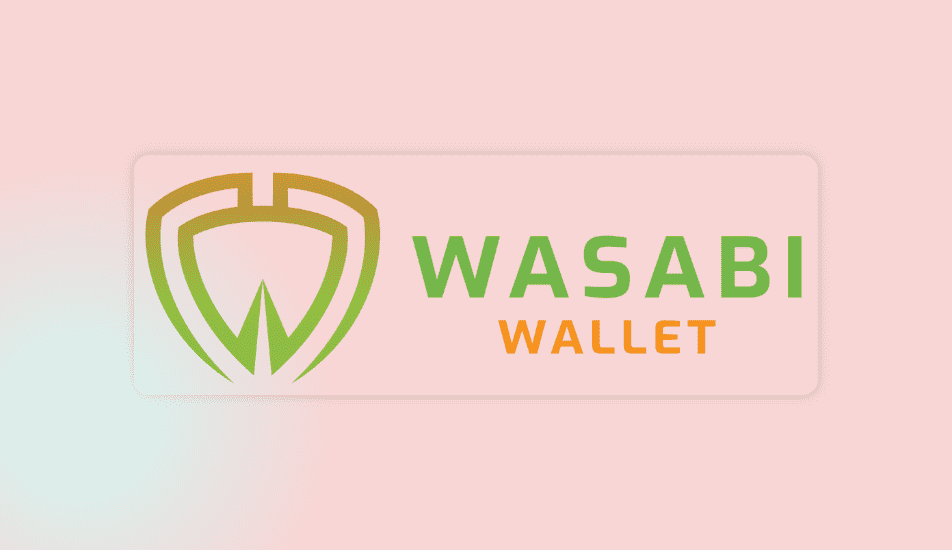Transacting cryptos is just like writing under an anonymous account. In case the author’s identity is linked to their pseudonym, their privacy gets revealed. Each transaction linked to the address gets stored in the blockchain forever. If your address gets linked to your identity, all other dealings you’ve ever done will be linked to you.
Let’s take a look at how bitcoin users transact under the shadows of their pseudonyms.
Exchanges
Exchanges are large centralized marketplaces where “traders” buy and sell assets for bitcoins. These exchanges also serve as custodians, holding deposits on behalf of traders to facilitate trading and investment.
Coinbase, Kraken, Bitfinex, and other exchanges hold millions of dollars worth of bitcoins per day on their platforms. And it’s not unlikely for these centralized organizations to know the pseudonyms behind all accounts.
Furthermore, when people deposit or withdraw coins from an exchange, they do it through an HTTPS website or a dedicated trading API. Both techniques are susceptible to man-in-the-middle attacks, and exchanges are lucrative targets for attackers looking to steal identities.
In short, crypto exchanges need to embrace privacy-preserving technologies to protect their users.
P2P Transactions
Cryptocurrency p2p (peer-to-peer) transactions are the most common way of transacting cryptos. That’s because they require neither a trusted third party nor a central organization.
They can be done through IRC bootstraps, a multi-signature wallet connected to IRC, or directly through encrypted protocols like onion routing.
In all these cases, the pseudonymous bitcoin address plays the role of an anonymous blog handle. When one transacts bitcoins on p2p exchanges, they are usually not given the option to remain pseudonymous unless other precautions are taken.
Bitcoin Fog and Grams’ Dark Market are famous examples of p2p exchanges where users can transact anonymously.
What is Coin Mixing and CoinJoins?
Coin Mixing
Coin mixing is an old technology used to break this link between a pseudonymous address and its owner. It means the bitcoins at the given address will be mixed with other similarly valued coins. Then its redistributed back to new addresses which cannot be linked to their previous owners.
Most of the time, these mixing services ask users for fixed fees to carry out transactions. And users can send their coins to them to anonymize them.
Some coin mixing services only operate through TOR, which is vulnerable to man-in-the-middle attacks. A few others are accessible through a dedicated browser that is open source and does not require an account from the user.
Most of the time, coin mixing services are trusted and reliable. However, in 2014, researchers from Cornell University found that roughly half of the bitcoin mixers available on the market were either insecure or insecurely implemented.
CoinJoin
A CoinJoin transaction is an anonymization technique used by cryptocurrencies to achieve privacy during transactions. In this technique, several individual transactions are combined into a single transaction. If done correctly, this can make it impossible to know who paid what.
CoinJoin was first proposed by Gregory Maxwell on bitcoin talk forums in 2013 and got implemented a year later in coin mixing platforms like JoinMarket.
The idea behind CoinJoin is simple: it’s a digital equivalent of a crowdfund, where people contribute bitcoins to the same address, and all bitcoins are paid back at once.
As a result, no one can know who contributed how many coins or which input corresponded to which output. In other words, CoinJoin breaks transaction links between pseudonyms.
What is Wasabi Wallet?
Wasabi Wallet is an open-source, non-custodial Bitcoin wallet. It is a free open source desktop Bitcoin wallet for Windows, macOS, and Linux operating systems. This wallet offers privacy through the ability to create and spend private Bitcoin transactions with the help of CoinJoin technology to mix coins via inbuilt Tor integration.
Wasabi does not require the use of a web browser or any advanced networking knowledge. The wallet is currently in the beta stage and can be downloaded from GitHub. The wallet uses a CoinJoin implementation that has been optimized for privacy. This gives Wasabi Wallet almost complete protection from blockchain analysis attacks.
The CoinJoin strategy influenced the Wasabi Wallet. It provides maximum anonymity to its users and makes sure that they are protected from blockchain analysis attacks.
ALSO Read: What Is A Node In Cryptocurrency?
What’s unique about Wasabi Wallet?
Wasabi is a desktop wallet, so it requires a full node (such as Bitcoin Core). This means that exchanges (and other services) can not connect to your wallet, which ensures that you’re not spoofing a different transaction than the one you intend.
Wasabi Wallet implements CoinJoin-based transactions for true anonymity. The wallet provides an infrastructure for decentralized CoinJoin without requiring any central authority or other trusted parties. This means no need for a central server to mix coins and no required trust in a 3rd party.
Wasabi Wallet’s CoinJoin implementation has been optimized for speed and requires no logs stored on the server. It is also compatible with Tor and proxies, so the wallet can easily be used behind NAT or firewall. The wallet provides Bitcoin users with superior privacy protection than any other existing solution.
How Does Wasabi Wallet Work?
Wasabi Wallet operates under a full Bitcoin node and was initially developed by zkSNACKs. Using CoinJoin, any transactions in the wallet are mixed with other users’ transactions before being propagated on the Bitcoin network. This makes it extremely difficult for blockchain analysis to link users with their bitcoin transactions, the most identifiable information available concerning cryptocurrency transactions. Wasabi Wallet is a great privacy-focused Bitcoin wallet that has been made even better by using CoinJoin.
How does Wasabi Wallet make transactions anonymous?
The Wasabi Wallet makes use of the CoinJoin protocol to mix transactions with other Bitcoin users. The CoinJoin protocol is a special kind of transaction that requires multiple participants to contribute funds and combine them into a single transaction. This type of transaction prevents blockchain analysis from identifying who sent bitcoins to whom.
Wasabi Wallet uses an improved version of the CoinJoin protocol, which results in faster and cheaper mixing transactions.
Why Wasabi Wallet?
Blockchain analysis is a powerful tool that allows companies offering blockchain analytics services to link a Bitcoin transaction with an IP address. This is especially problematic for privacy-focused coins whose primary value proposition is anonymity.
Wasabi Wallet’s CoinJoin implementation ensures that it doesn’t store any information related to your transactions, making it difficult for blockchain analysis to link your wallet’s transaction with the IP address is used. This also makes Wasabi Wallet a great substitute for users who want to make transactions via Tor or proxy.
Wasabi Wallet implements CoinJoin-based transactions, which provides maximum anonymity. To do so, Wasabi Wallet uses other Bitcoin full nodes that connect to your wallet via a Tor hidden service. This means your IP address is obfuscated, and it isn’t easy to link transactions made through Wasabi Wallet back to you. This allows users of the wallet to mix their transactions with other users without any risk of compromising their anonymity.
Conclusion
Wasabi is a powerful bitcoin wallet that helps you anonymize your bitcoin transactions by mixing them up with other users’ transactions to make it impossible for anyone other than the sender and the receiver to know who paid who. It also allows you to send your bitcoin anonymously by entering an alias label as the transaction’s recipient instead of a custom Bitcoin address. In short, Wasabi Wallet is one of the safest ways through which you can anonymize your bitcoin transactions and, therefore, remain anonymous.







